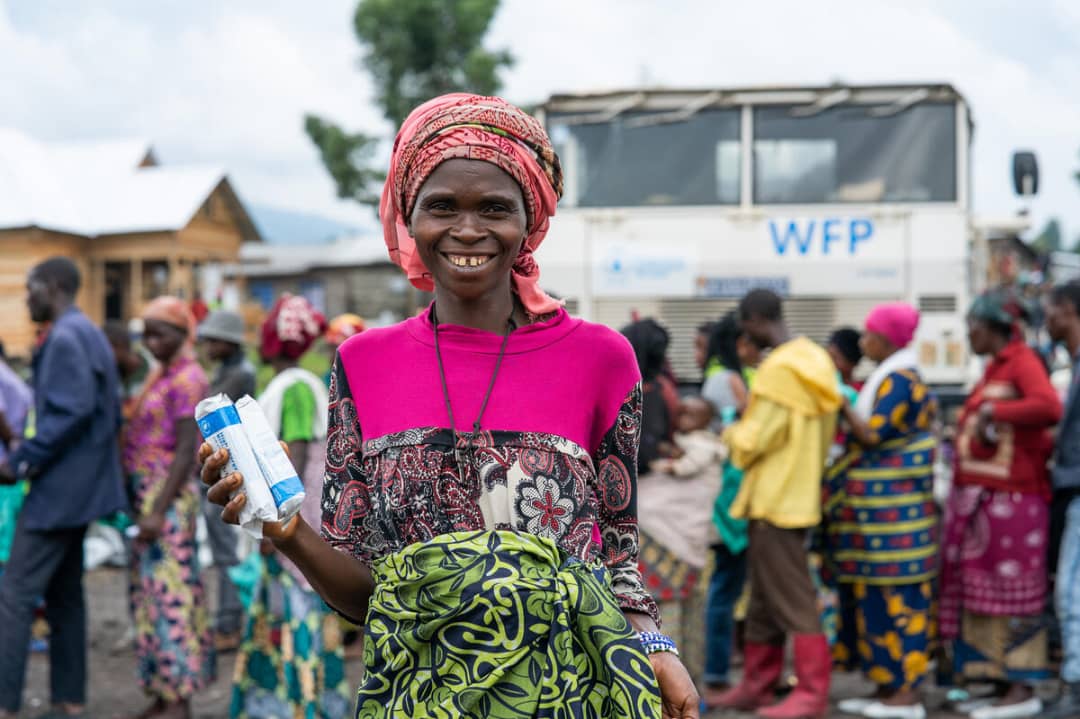Environmental Correspondent
The Japanese government, through the United Nations World Food Programme (WFP), has pledged a grant of US$5.1 million to support 37,000 climate-affected smallholder farmers across five districts in Zimbabwe.
This initiative comes at a critical time as the country continues to face significant climate challenges and food shortages exacerbated by El Niño-induced drought.
Targeted Areas and Program Goals
The funding will specifically target the districts of Mwenzi, Chiredzi, Rushinga, Chipinge, and Mt Darwin, which have been severely impacted by climate change. Shinichi Yamanaka, the Japanese ambassador to Zimbabwe, stated that the three-year program aims to enhance food security and resilience among smallholder farmers.
This will be achieved by establishing water-based infrastructure, developing value chains, and strengthening agricultural extension services.
Yamanaka highlighted the project’s focus on supporting small-scale farmers in cultivating sesame seeds to promote market-oriented agriculture. A Japanese trading company, ITOCHU Corporation, is expected to play a crucial role in completing the value chain for this initiative. He mentioned,
“The Japanese government will provide financial assistance of approximately US$72,000 for the construction of storage facilities for sesame farmers in Mwenezi District,” which will be implemented by Sustainable Agriculture Technology (SAT).
Expected Outcomes
Barbara Clemens, the WFP country representative and director in Zimbabwe, emphasized that this grant will significantly improve the availability, accessibility, and reliability of food for families in the country. She stated,
“This invaluable contribution from the Government of Japan allows us to make food more available, easier to access, and more reliable for Zimbabwean families.”
By supporting sustainable farming practices and connecting farmers to markets, the program aims to address immediate food needs while empowering communities to build a food-secure future.
Since 2019, Japan has contributed over US$28 million to WFP-supported food assistance and resilience-building efforts for vulnerable communities in Zimbabwe, underscoring its commitment to addressing food security and climate resilience in the region.
Zim GBC News©2024


